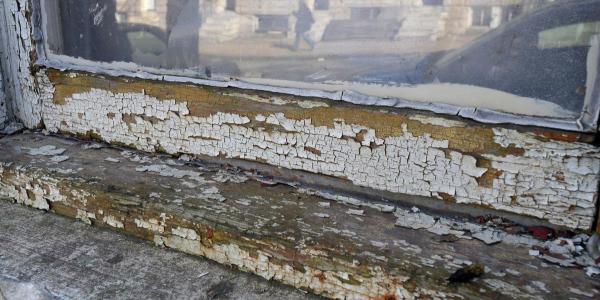Environmental Racism in St. Louis - Panel Discussion of 2019 Report.
A panel will discuss the recently-released Environmental Racism in St. Louis Report (2019), which details many of the ways "Black St. Louisans are exposed to considerably greater environmental risks than white residents, contributing to stark racial disparities regarding health, economic burdens and quality of life."
The report was prepared by the Interdisciplinary Environmental Clinic (IEC) of the School of Law at Washington University in St. Louis.
Among the report’s findings are that:
- Black children in the City of St. Louis are 2.4 times more likely than white children to test positive for lead in their blood and account for more than 70% of children suffering from lead poisoning.
- Black children in St. Louis make roughly 10 times more emergency room visits for asthma each year than white children. Black children make more than 42 emergency room visits per 1,000 children, compared to less than 4 visits per 1,000 children for their white counterparts.
- Mold complaints are more common in majority-black areas than elsewhere in the city.
- Most of the city’s air pollution sources are located in neighborhoods of color, and more building demolitions — which create harmful dust that may contain asbestos and lead — occur in majority-black neighborhoods.
- Black households in St. Louis are disproportionately affected by energy burdens (the percentage of income spent on utilities), far exceeding the citywide median.
- Black residents of St. Louis are almost twice as likely to have limited access to healthy food as white residents because supermarkets in close proximity are so rare, and they are more likely to have limited access to a vehicle or adequate public transit to reach more distant grocery stores.
- Majority-black neighborhoods experience most of the city’s illegal trash dumping.
- More than 90% of the city’s exceptionally large inventory of vacant properties are located in majority-black neighborhoods.
The event will be followed by a catered reception and keynote address on “The African American Land Ethic: Intersection of Conservation, Environmental Justice and Protection” by Lillian “Ebonie” Alexander, Executive Director of the Black Family Land Trust, Inc. (BFLT).
Credits: Header Photo by Dan Meyers on Unsplash; Thumbnail Photo by Paulo Silva on Unsplash
More on the Environmental Racism Report

